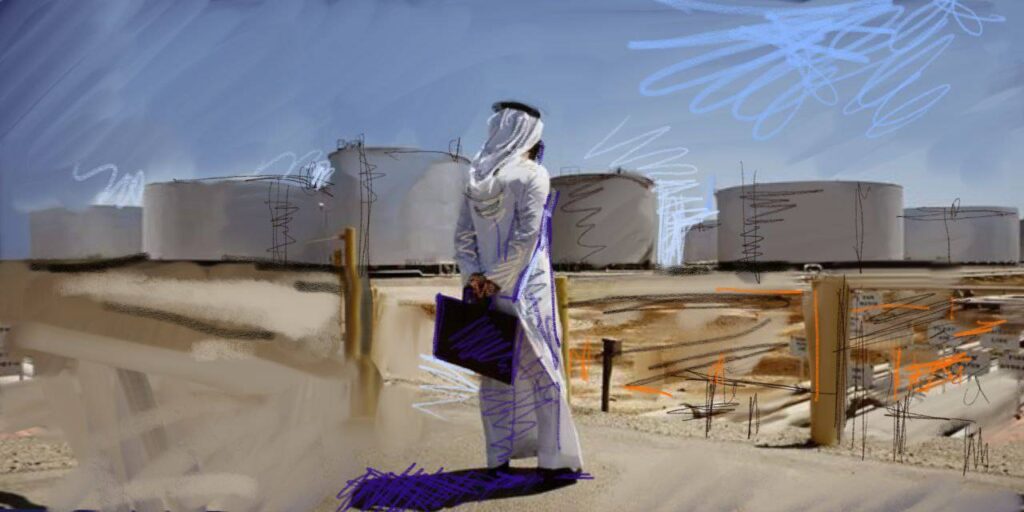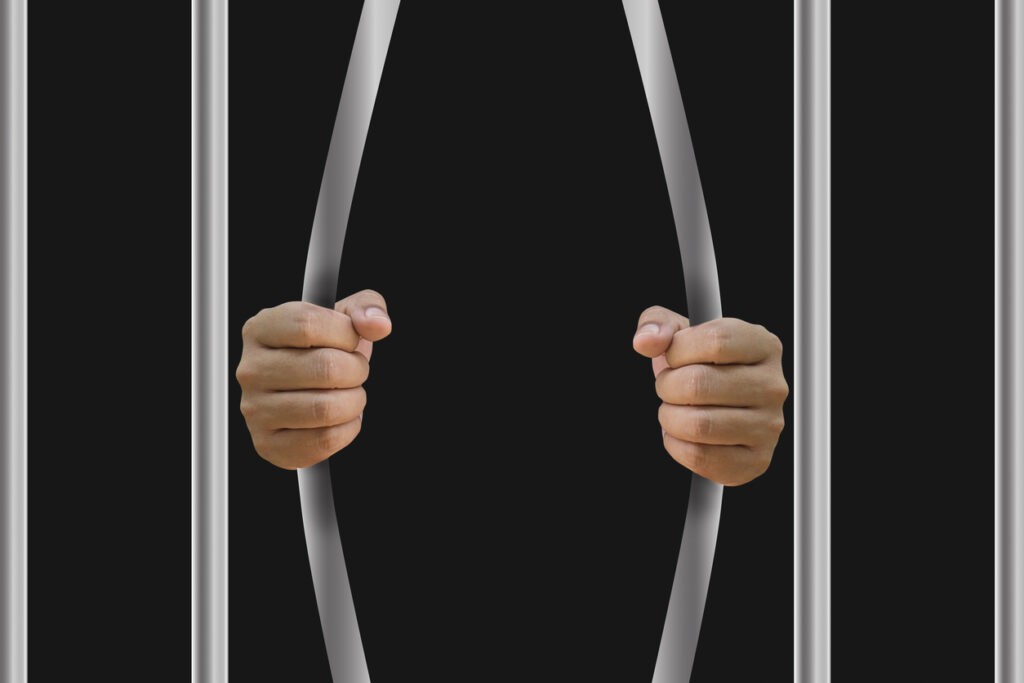Kazakhstan Welcomes Prospect of French Cuisine in Almaty
The Almaty City Tourism Department has reported that the famous French culinary school, Ecole Lenôtre, is considering establishing joint programs with the city's universities and restaurants. During his visit to Almaty, Jean Pierre Alba, Development Director of Ecole Lenôtre, familiarized himself with educational institutions and restaurants with a view to setting up partnerships and introducing training in French cuisine to Kazakhstan's educational curriculum. “Almaty is a unique city in its geographical location and the diversity of its cuisine. I have noticed that local pastry chefs are inspired by culinary experience and international cooking while honouring and preserving national gastronomic traditions. This combination can help launch joint educational programs and business collaborations. We are eager to share our knowledge with the city's restaurant professionals and learn the secrets of national cooking,” announced Jean Pierre Alba. Established in Paris in 1971, Ecole Lenôtre is a professional training school for chefs and pastry chefs. Its founder, chef, and pastry chef, Gaston Lenôtre, is renowned worldwide as an outstanding innovator in the culinary field. Every year, over 3,000 pastry chefs are trained at the French culinary school, and many of its graduates are Michelin-starred. Looking to the future, the Almaty Tourism Department commented, “Gastronomic tourism in Almaty is rapidly gaining popularity due to its rich cultural heritage and variety of culinary delights. The visit to Ecole Lenôtre is a significant event for our city."
asd





